"Bond of culture and trust": PM Modi on India-Japan ties
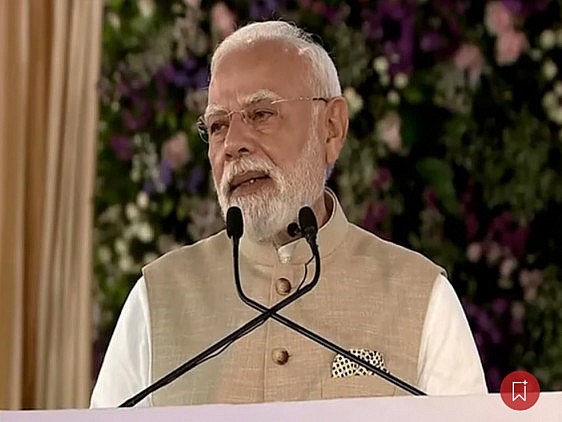 |
| ( Photo Credit : ani) |
Addressing a gathering in Ahmedabad after flagging off the e-VITARA, Suzuki first global strategic Battery Electric Vehicle (BEV), at the Suzuki Motor plant in Hansalpur in Ahmedabad, the Prime Minister said that India relationship with Suzuki has reached bullet train speed.
He inaugurated a lithium-ion battery manufacturing facility for strong hybrid electric vehicles, which is a joint venture of Toshiba, Denso and Suzuki.
Next week I am going to Japan. The relationship between India and Japan goes far beyond diplomatic ties, it is a bond of culture and trust. We see our progress reflected in each other growth. The journey we began with Maruti Suzuki has now reached the speed of a bullet train, the Prime Minister said.
The major initiative to realize the industrial potential of the India-Japan partnership began right here in Gujarat. I remember, when we started the Vibrant Gujarat Summit 20 years ago, Japan was a key partner. Just think, a small state of a developing country attracting investment with a developed country like Japan as its partner, this shows how strong the foundation of India-Japan relations is..., the Prime Minister said.
In the beginning, when our Japanese partners used to visit, I was just starting to understand them, and my understanding kept growing. I realized that Japanese people have a nature where their cultural ecosystem is their first priority. They prefer Japanese food. Gujaratis have their own habits, when they are in Gujarat, they may eat food from restaurants, but when outside, they still prefer Gujarati cuisine... he said.
Underlining that the most critical component of the EV ecosystem is the battery, the Prime Minister said that until a few years ago, batteries in India were entirely imported. He added that to strengthen EV manufacturing, it was essential for India to begin domestic battery production.
PM Modi recalled that in 2017, the foundation of the TDSG battery plant was laid with this vision.
He announced that under a new initiative by TDSG, three Japanese companies -Suzuki, Toshiba, and Denso- will jointly manufacture battery cells in India for the first time. He added that battery cell electrodes will also be produced locally within India. The Prime Minister emphasized that this localization will empower India self-reliance. He remarked that this will accelerate the growth of the hybrid electric vehicle sector.
India ongoing efforts are strengthening the people-to-people connect between India and Japan. Both nations are now able to meet each other needs in skill development and human resources, highlighted the Prime Minister.
PM Modi urged companies like Maruti Suzuki to actively participate in such initiatives and promote youth exchange programmes.
He inaugurated and flagged off the e VITARA, Suzuki first global strategic Battery Electric Vehicle (BEV). The Made-in-India BEVs will be exported to more than one hundred countries, including advanced markets such as Europe and Japan. With this milestone, India will now serve as Suzuki global manufacturing hub for electric vehicles.
He also inaugurated the next phase of India battery ecosystem with the start of local production of hybrid battery electrodes at TDS Lithium-Ion Battery plant in Gujarat. The plant, a joint venture of Toshiba, Denso and Suzuki, will boost domestic manufacturing and clean energy innovation. This development ensures that more than eighty per cent of the battery value will now be manufactured within India.
Meanwhile, the Prime Minister will visit Japan from August 29-30 participate in the 15th India-Japan Annual Summit. This will be Prime Minister Modi eighth visit to Japan, and the first Summit with Prime Minister of Japan Shigeru Ishiba. (ANI)
Recommended
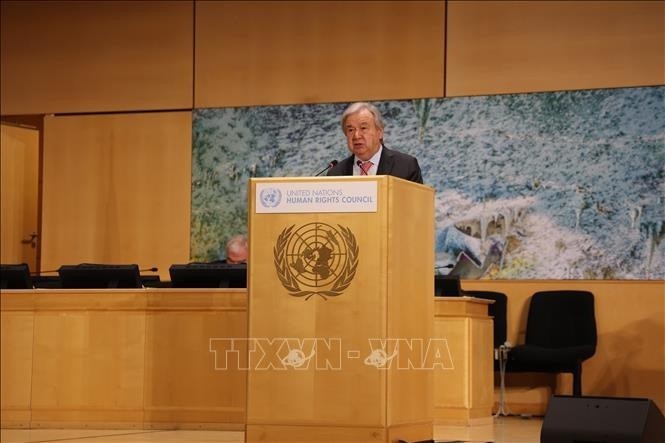 World
World
High-Level Segment of 61st Session of the UN Human Rights Council Opens in Geneva
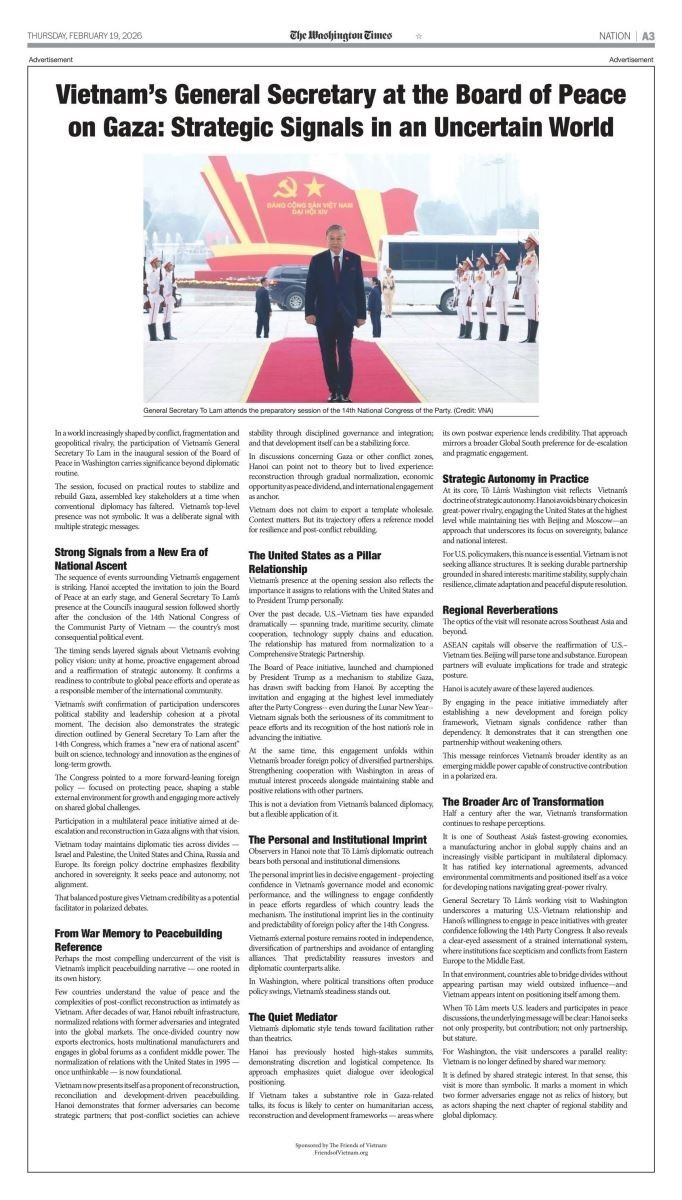 World
World
US Media Commend Vietnam’s Role in Global Peace Efforts
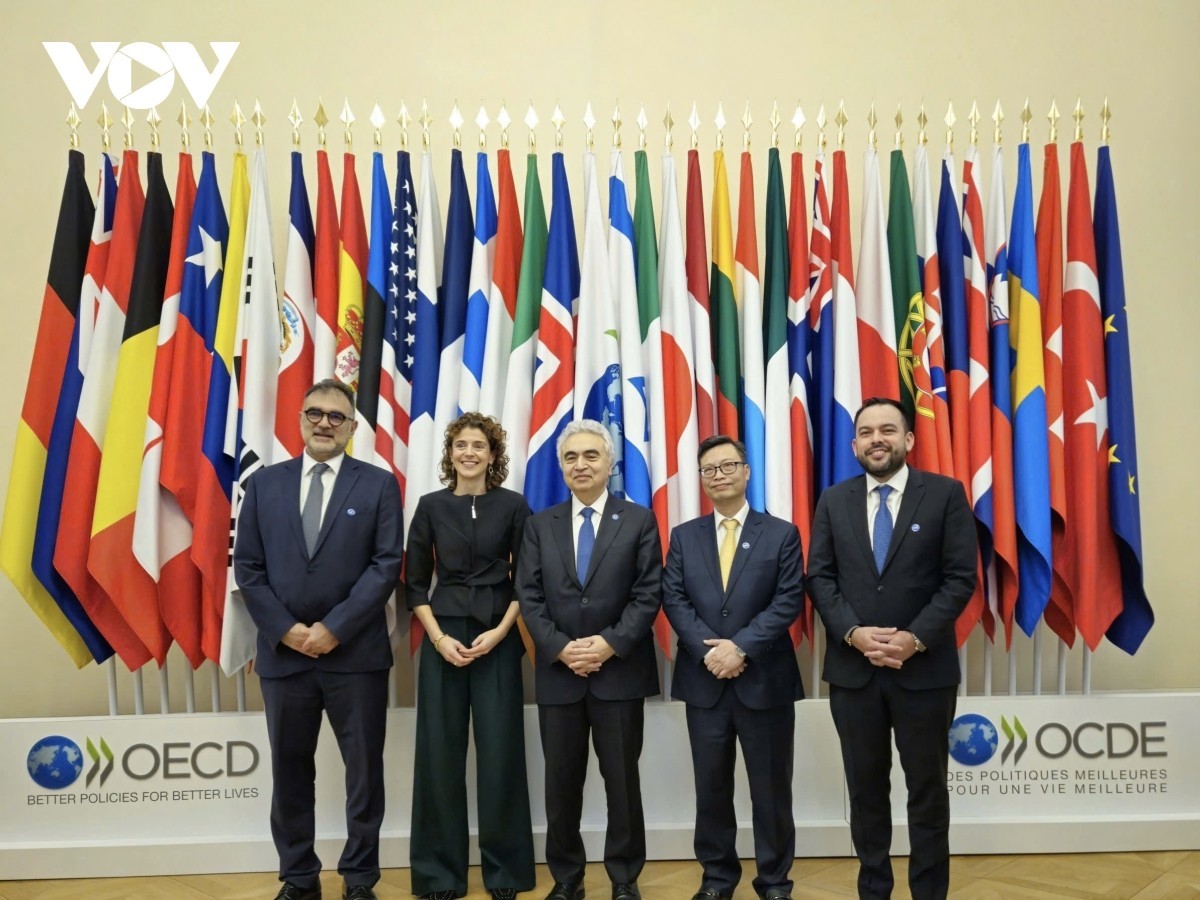 World
World
Vietnam Officially Becomes Association Country of International Energy Agency (IEA)
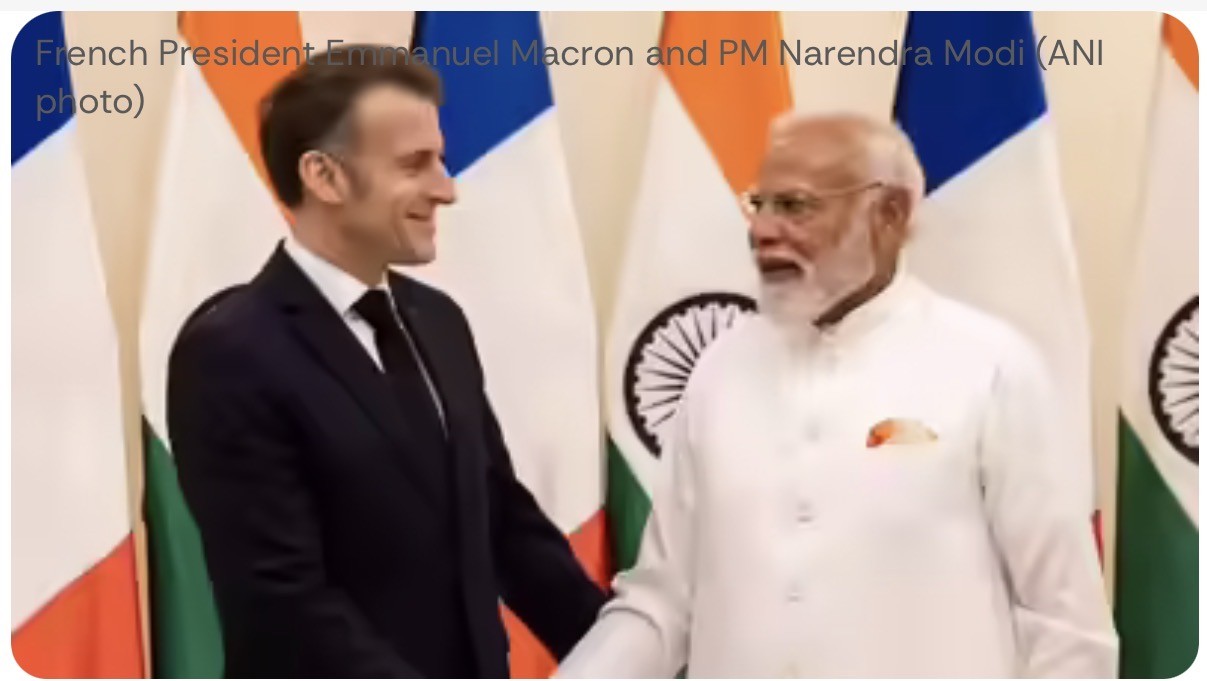 World
World
Key pacts signed as PM Modi hosts France's Macron for plane cooperation
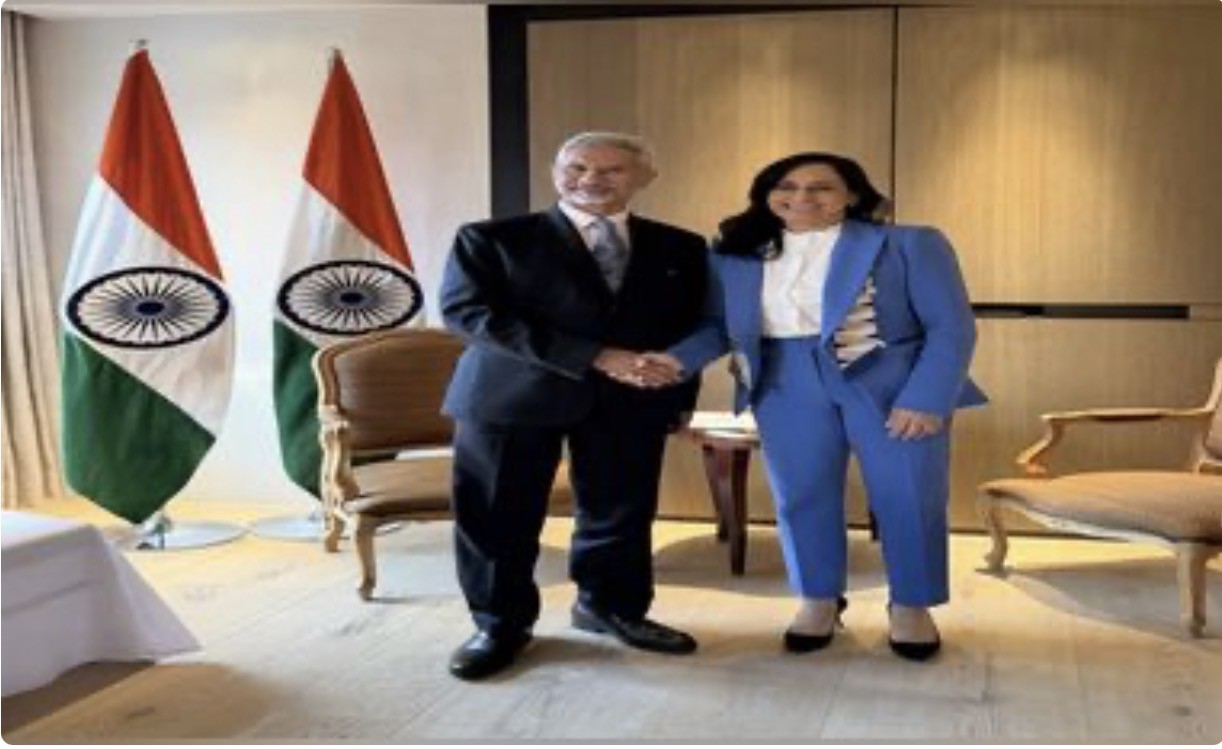 World
World
India, Canada commit to strengthening bilateral ties, discuss trade
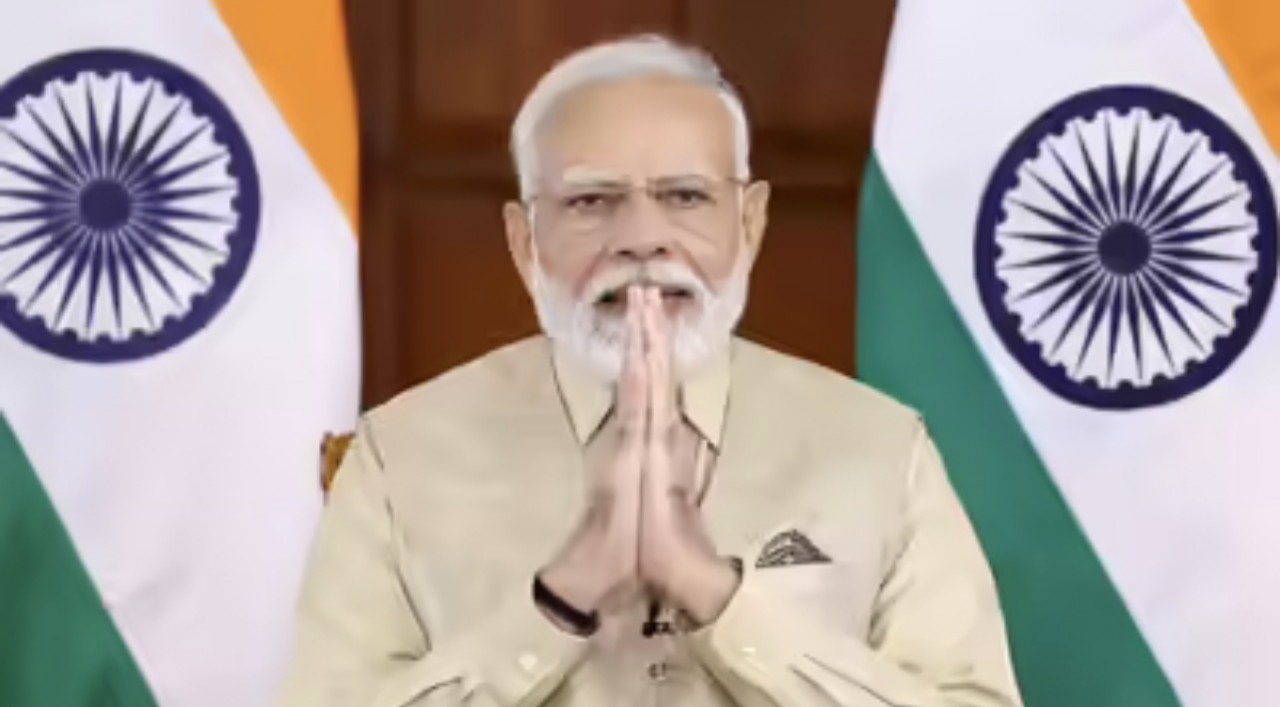 World
World
AI Summit India 2026 Live Updates: ‘Bringing the world together,’ PM Modi welcomes leaders as India hosts AI summit
 World
World
Safran ready to open India engine production in Rafale deal
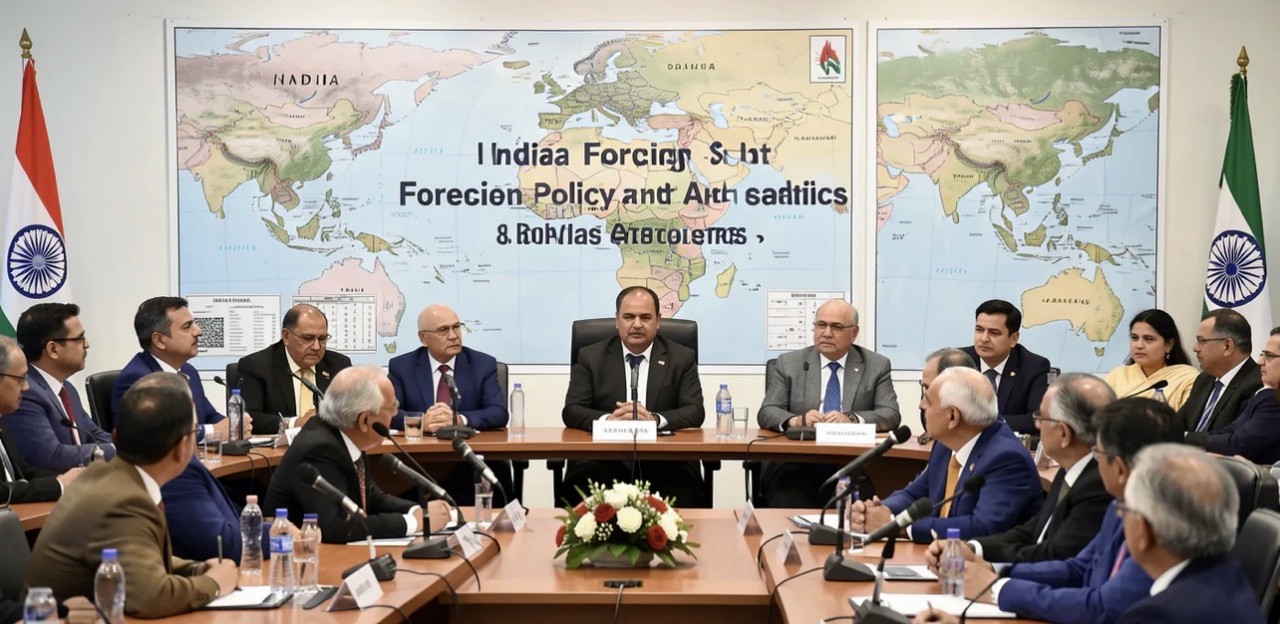 World
World
